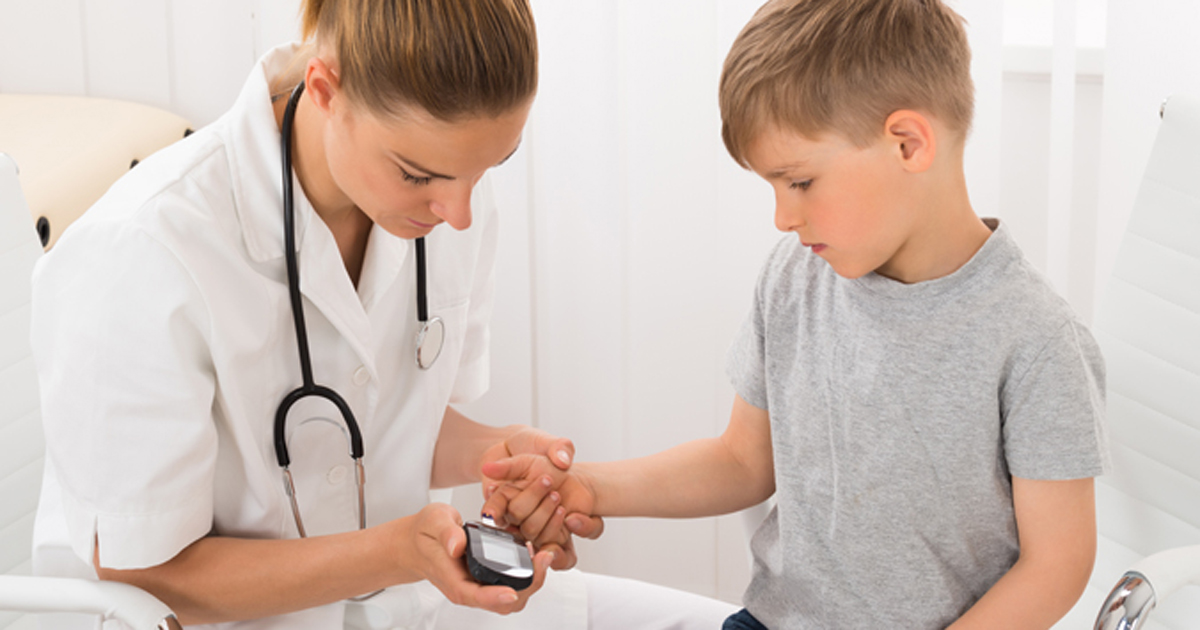

- #WHAT TO DO WHEN YOUR PARTNER HAS DIABETES HOW TO#
- #WHAT TO DO WHEN YOUR PARTNER HAS DIABETES PROFESSIONAL#
We want to know and be involved because that’s one of the areas where partners can feel inadequate. The partners who attended in 2012 felt that their primary role was to take care of their families, including their partner’s health. “We have this together and are partners in this disease.” We stressed making sure to sit down with your partner and letting her know that she doesn’t have this disease alone. The best time is when your partner’s blood sugar is normal. Janis Roszler, a psychologist and a therapist who works extensively with people with diabetes, talked about having these types of conversations.

#WHAT TO DO WHEN YOUR PARTNER HAS DIABETES PROFESSIONAL#
For one of our sessions at last year’s conference, we brought in a professional to give us something more than a layperson’s perspective on this topic. But if someone’s having a low blood sugar event, do you worry that she might forget your agreements?Ĭhris: It’s certainly possible.
#WHAT TO DO WHEN YOUR PARTNER HAS DIABETES HOW TO#
Nadia: Your agreement about how to handle low blood sugar episodes makes sense. I don’t want her walking down stairs and moving around in the dark with low blood sugar. Based upon the number, I’m the one who knows what to do and can jump into action, such as going downstairs to get her what she needs to bring her blood sugar back up. What Brandy and I have done for a number of years is that whatever her blood sugar is in the middle of the night, she wakes me up and tells me the number. She may not really understand what to do next.

I also introduced to the partners to something I’d learned over the years: Sometimes when your partner has a low blood sugar, she may see the number on the meter, but because her blood sugar’s so low her mental capacity is diminished. I just want to be included and feel like we’re a team on this.” Knowing your blood sugar readings is not going to create a judgment from me because I know that I couldn’t manage diabetes any better than you. I want us to be a team in managing your diabetes, not just you alone. For example, “I care about you and I want you to be around for our family so we can both enjoy our grandchildren. We talked about how to open up communication with partners in honest, non-accusatory ways. So part of what we discussed was how can we glean that information from our partners without seeming as though we are trying to check up on them. Nadia: What were the most common things partners vented about?Ĭhris: One thing I’ve heard over the years is what people with diabetes sometimes call their friends and family members: the “Diabetes Police.” Basically, they feel their loved ones want to know what their blood sugar is each and every time they check it. It was a safe environment for them to say whatever was on their minds. Partners had an opportunity to vent their emotions about living with a partner whose ailment never goes away. We also discussed diabetes myths and how partners can take care of themselves. We discussed the signs of low and high blood sugar in their spouse or partner, and how to emotionally support her. We kept it basic in the first year of the Partner’s Perspective Program. We realized that if a woman who has diabetes has never met another woman with diabetes, then her husband or partner probably hasn’t met a counterpart who is living with someone with diabetes. There are a lot of women out there who had never met another woman with diabetes. How did you decide what was important or interesting as you developed the curriculum?Ĭhris: A lot of it was from the feedback and experience Brandy and I had when we did the first conference for DiabetesSisters in 2010. Nadia: You have a lot of experience living with someone with diabetes. So when we debuted the Partners Perspective Program in 2012, we had a very good turn out. We pride ourselves at the conferences on taking feedback from attendees and trying to incorporate it into the next year’s conference. How did the partners’ segment get started?Ĭhris: At one of the conference exits in 2011, a woman suggested we include husbands and/or partners of women with diabetes. Nadia: Chris, it’s wonderful that you’re involved in the DiabetesSisters’ Weekend for Women conferences. You can garner their insights at their next two conferences-the first in May in Raleigh, North Carolina, and the second in San Francisco in October.īefore then, I thought you’d enjoy reading what Chris has to say about life with Brandy.


 0 kommentar(er)
0 kommentar(er)
